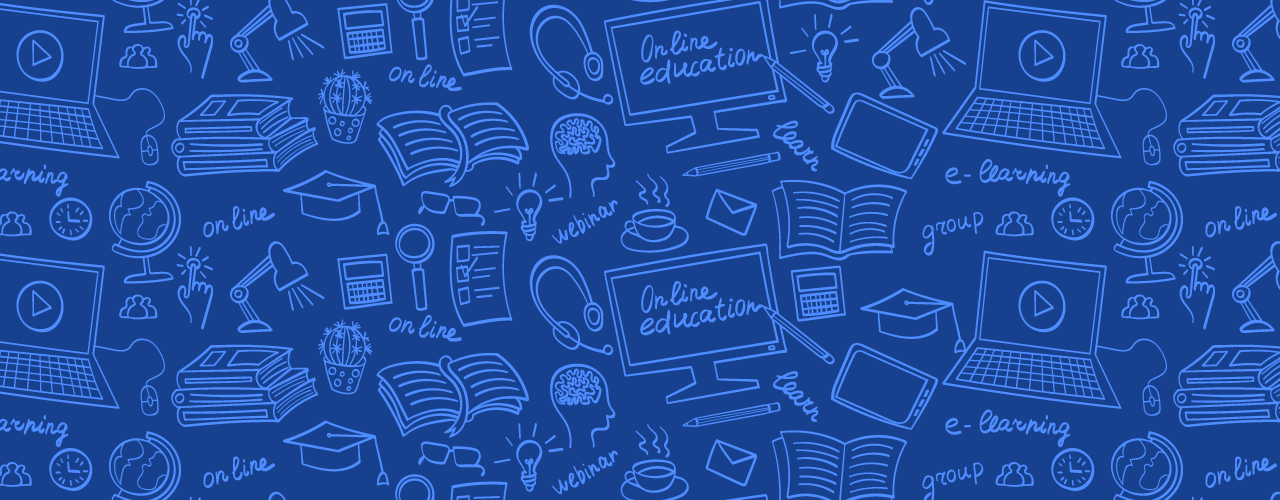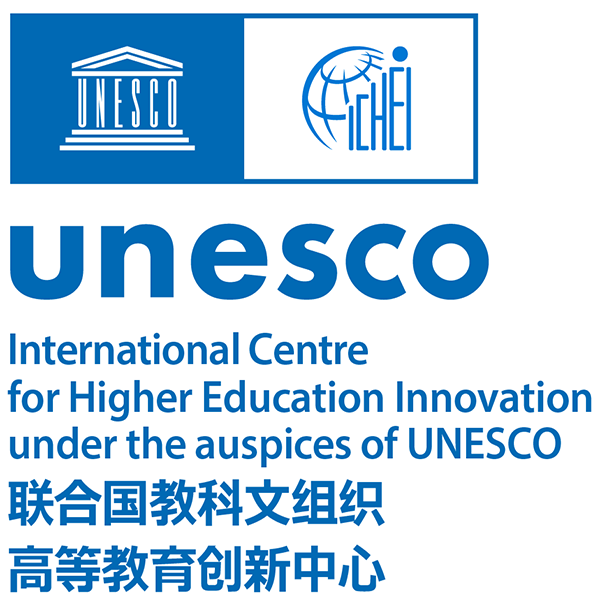合作伙伴 -- 联合国教科文组织
联合国教科文组织

We must construct the defenses of peace in the minds of women and men
UNESCO has main priorities for the achievement of the Sustainable Development Goals and the improvement of the human condition.
合作伙伴介绍

UNESCO is the United Nations Educational, Scientific and Cultural Organization. It contributes to peace and security by promoting international cooperation in education, sciences, culture, communication and information. UNESCO promotes knowledge sharing and the free flow of ideas to accelerate mutual understanding and a more perfect knowledge of each other's lives. UNESCO's programmes contribute to the achievement of the Sustainable Development Goals defined in the 2030 Agenda, adopted by the UN General Assembly in 2015.
In this spirit, UNESCO develops educational tools to help people live as global citizens free of hate and intolerance. UNESCO works to ensure that every child and every citizen has access to quality education. By promoting cultural heritage and the equal dignity of all cultures, UNESCO strengthens the bonds between nations. UNESCO fosters scientific programmes and policies as platforms for development and cooperation. UNESCO stands up for freedom of expression, as a fundamental right and a key condition for democracy and development. As a laboratory of ideas, UNESCO helps countries to adopt international standards and manages programmes that foster the free flow of ideas and the exchange of knowledge.
提供的服务内容

On March 1, 2023, Xi'an Jiaotong-Liverpool University (XJTLU) signed a cooperation agreement with the UNESCO International Centre of Higher Education Innovation (ICHEI) in Shenzhen, China. The two parties established a strategic partnership to collaborate in areas such as joint construction and sharing of course resources in the International Networked Education College, international exchange programs, and to jointly promote the achievement of the United Nations Sustainable Development Goals. The aim is to ensure high-quality education with a high level of inclusiveness and fairness, and to facilitate lifelong learning opportunities for all.
